Enviromist for cleaning and better air quality (25 litres)
£250.00
One of the foundations of good farm health is clean housing. Enviromist can be used to clean internal surfaces in housing or it can be fogged to improve air quality. It promotes good bacteria in the environment while destroying disease organisms. It also has a beneficial effect on the respiratory tract and mucous membranes of cattle, pheasants, pigs and poultry.
- Contains a blend of organic acids, plant extracts and essential oils.
- Combats alkaline gases such as ammonia in animal housing
- Can dramatically lower the disease challenge by lowering the pH of the environment
- When sprayed over the ground outside, it lowers the level of disease challenge.
- When misted in housing, it improves air quality which then has a beneficial effect on the respiratory tract and mucous membranes of animals and birds.

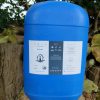
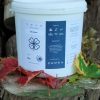
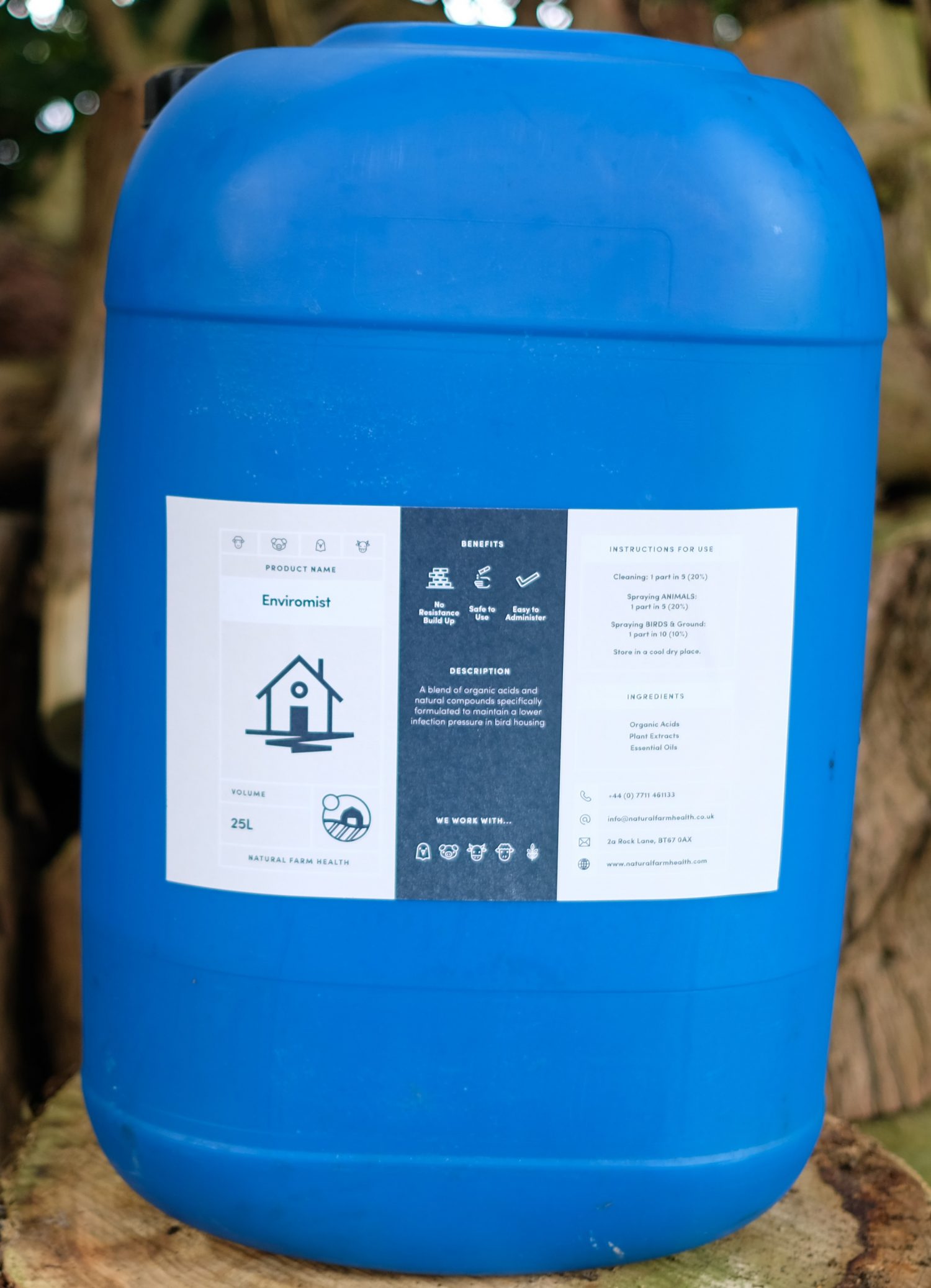
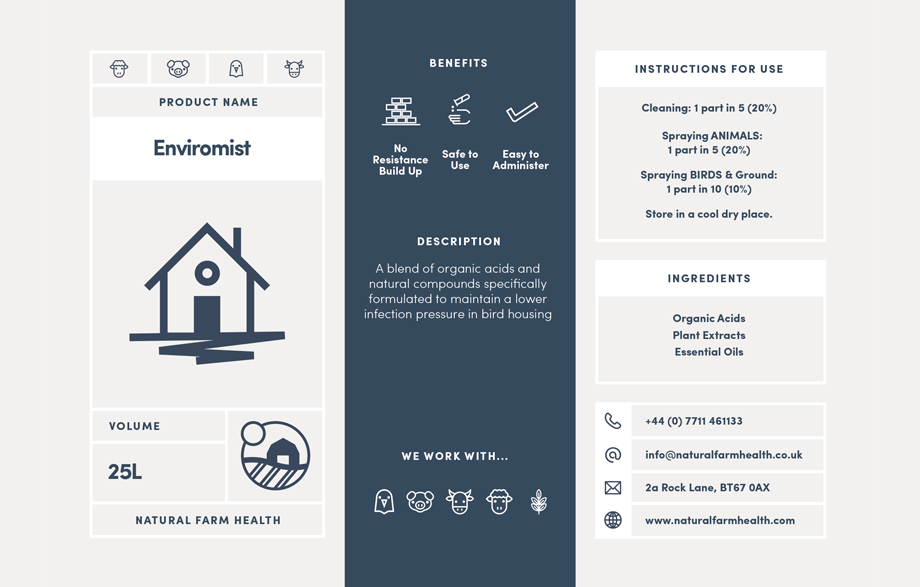
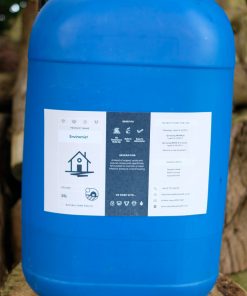
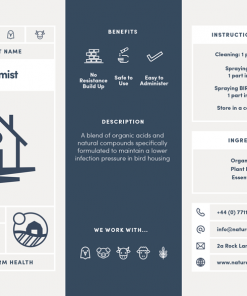
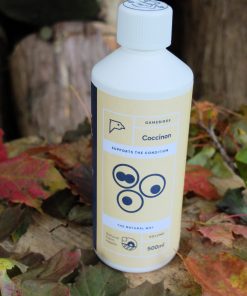
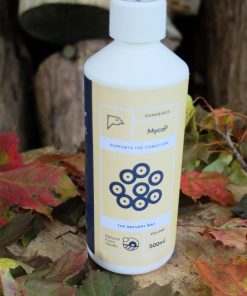
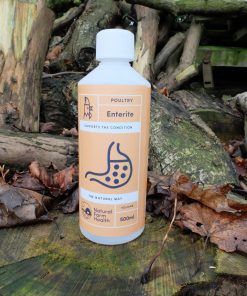
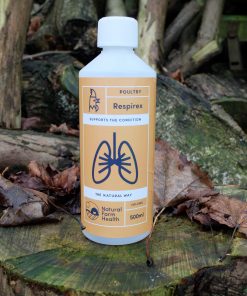
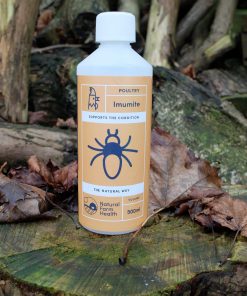
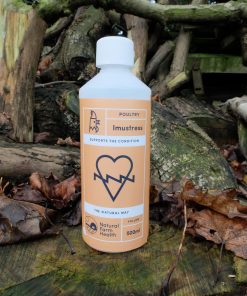
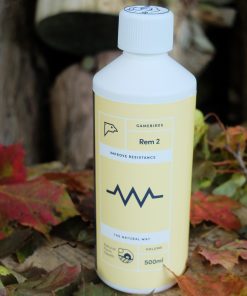
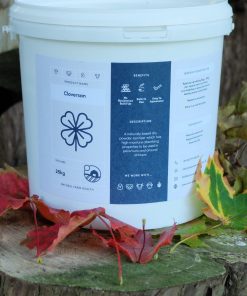
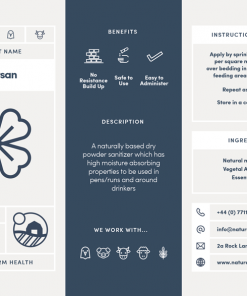
Reviews
There are no reviews yet.